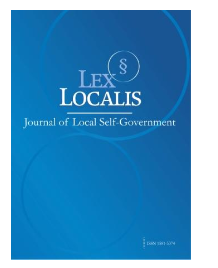Economic Burden Reduces Professionalism of Elementary School Teachers in The Modoinding Sub-District
DOI:
https://doi.org/10.52152/801713Keywords:
Economic Burden, Professionalism of Teachers, Rural teachers, Quality of educationAbstract
This study aims to provide an overview of the professionalism of elementary school teachers, the relationship between economic burdens and the level of teacher professionalism, and what economic burdens are wrapped around and most wrapped around teachers in rural areas located in the Modoinding sub-district, South Minahasa district, North Sulawesi, Indonesia. This research uses a descriptive qualitative method. The number of teachers involved in the study amounted to 92 people, with the distribution of education varying between levels D-II, D-III, and D-IV/S1. In-depth interviews were conducted in this study, and the identification results found that out of 92 teachers, 30 belonged to class IIIa with working periods varying between 10 to 16 years and a salary range between IDR.3,252,900 to IDR.3,570,100. The interview identification results also found that the age range of primary school teachers showed significant variation related to their economic burden. The research results found several types of financial burdens experienced by teachers, and the most wrapped around them are limited salaries, incentives, and debt. The level of education of primary school teachers in rural areas profoundly influences the professional development of teachers.
Downloads
Published
Issue
Section
License
Copyright (c) 2025 Lex localis - Journal of Local Self-Government

This work is licensed under a Creative Commons Attribution-NonCommercial-NoDerivatives 4.0 International License.








